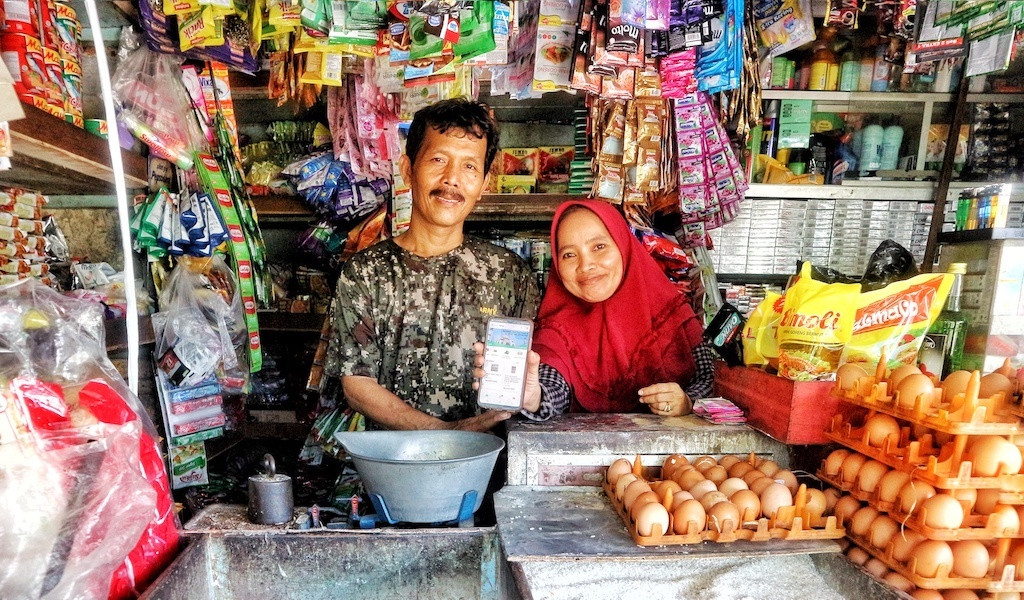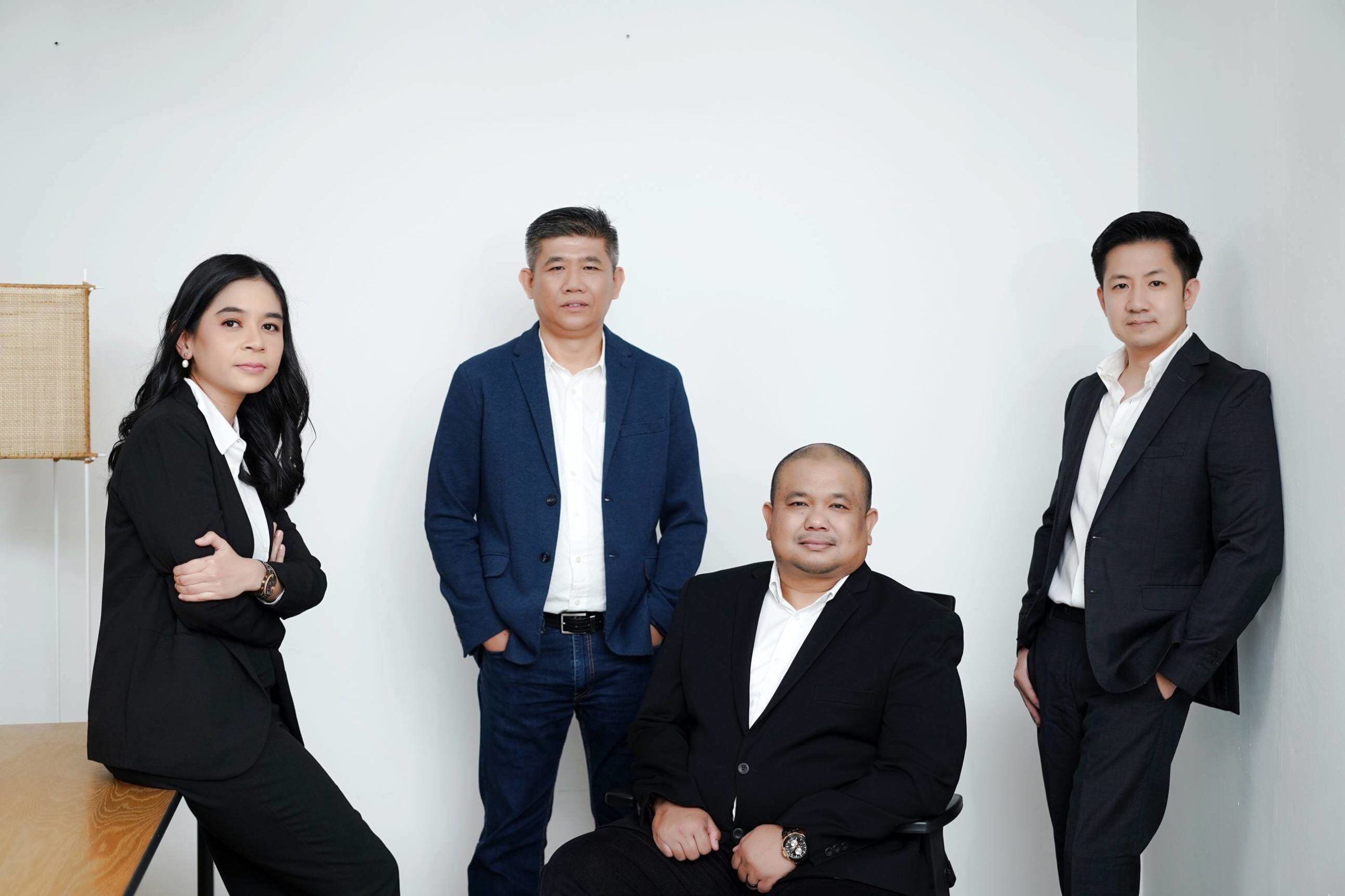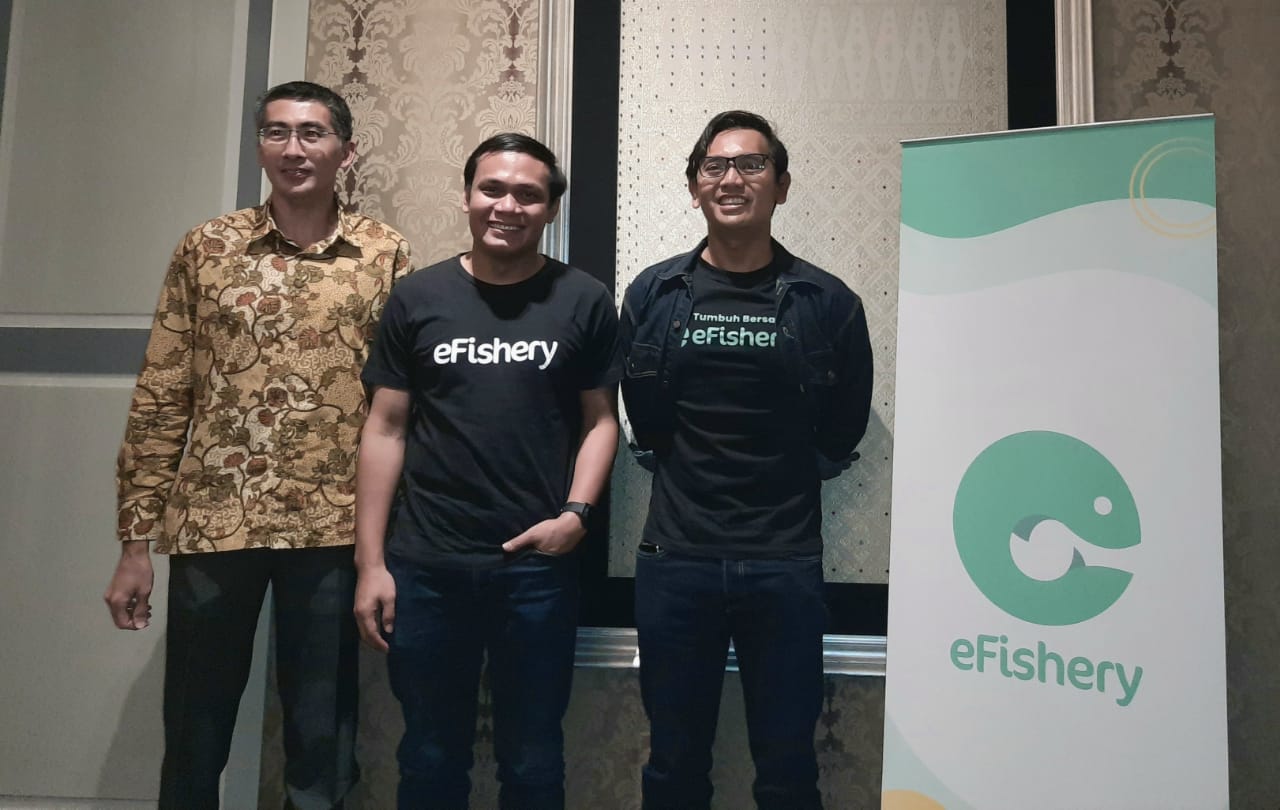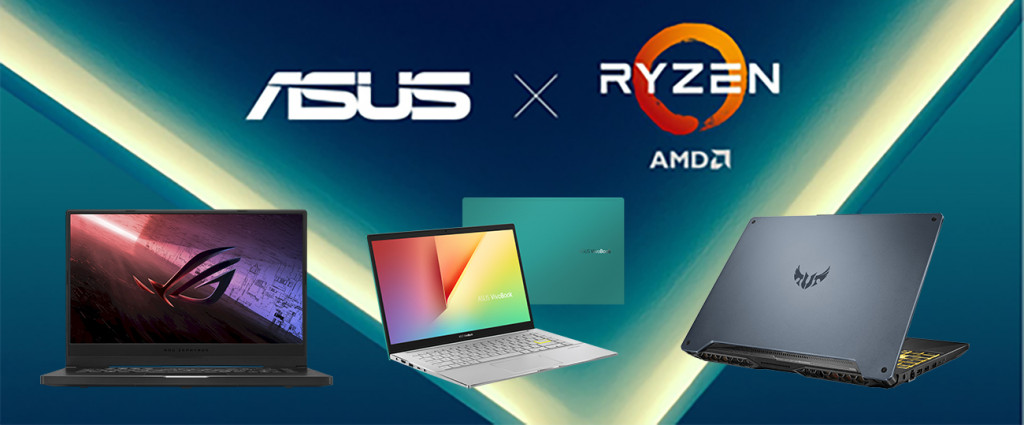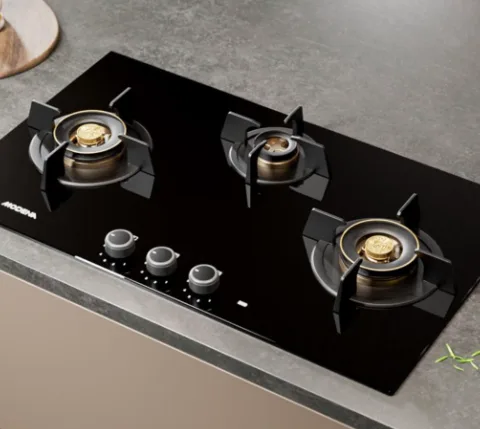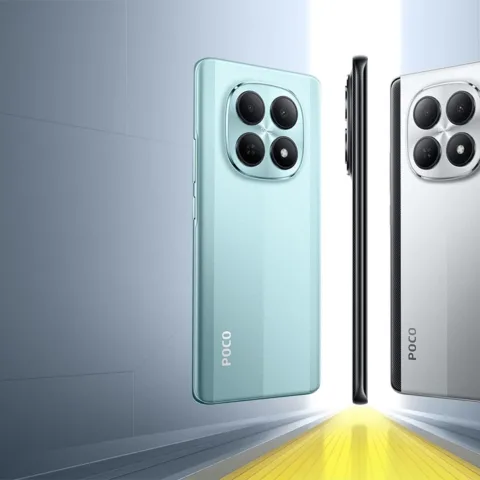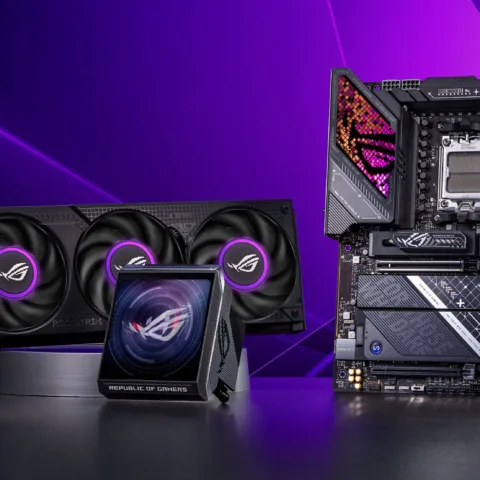Ula, a startup working on supply-chain solutions for small shops and SMEs, today (10/6) announced seed funding worth of US $10.5 million or equivalent to 148 billion Rupiah. The investment round was led by Sequoia India and Lightspeed India, with the participation of SMDV, Quona Capital, Saison Capital, and Alter Global. Several angel investors also participated, including Patrick Walujo, Willy Arifin, Sujeet Kumar, Vaibhav Gupta, Amod Malviya, Rohan Monga, and Rahul Mehta.
The new platform was launched in January 2020 and has a head office in Jakarta. The business concept relies on e-commerce-based applications consists of a wide selection of wholesale merchandise with high demand by stall owners or other SMEs, specifically related to daily needs (FMCG). A unique thing about this service unique is that it allows users to use the pay later feature in the application. This flexible payment is considered to solve capital problems that often blocked small stalls to grow.
Currently Ula is still testing the beta version of its product in the East Java region. Moreover, it is targeted to immediately cover all potential users in Java and expand the product categories to electronics and fashion. The founders were quite optimistic, especially during the Covid-19 pandemic, online fulfillment services continued to increase.
Despite its business focus in Indonesia, Ula’s development team is not only in Jakarta, but also in India and Singapore. Ula was founded by four founders with working experience in global companies including Derry Sakti, Riky Tenggara, Nipun Mehra, and Alan Wong.
Together support the SME industry
In Indonesia, there are some startups trying their luck in similar business verticals. One of which is Klikdaily, their services also make it easier for shop owners to get supply chain. In May 2020, they announced series A funding led by Global Founders Capital. In addition, there also TokoPandai, Limakilo, Kudo, and so on.
Some other technology platforms have started supply chain models in various forms. For example, what Moka’s point of sales developer did with Moka Fresh products. Integrating the fulfillment of small businesses’ basic commodities through one door. In addition, a partnership program initiated by e-commerce giants, such as Mitra Bukalapak, Tokopedia, to Shopee – which also targets fulfillment segment in traditional stalls.
The market potential is quite large, according to Ula’s data, traditional retailers contribute almost 80% of the overall market share value in developing countries like Indonesia. The business model also empowers millions of people in various parts of the region; in terms of business, they are considered to be the most understanding of consumers’ characteristics around them, thus ensuring its products always on target.
However, there are problems that usually blocked business people to grow big, mostly related to working capital and lack of human resources, therefore, business development becomes stagnant. Ula is trying to solve both issues through a one-stop-fulfillment platform, along with credit services based on data analysis with intelligent systems.
“For us, the scale of Ula’s success is measured by how much customers can improve their business and lives. Our vision is to revolutionize the SME trade with technology, help improve their efficiency, and provide tools (technology) to facilitate business,” Riky Tenggara said.
–
Original article is in Indonesian, translated by Kristin Siagian

